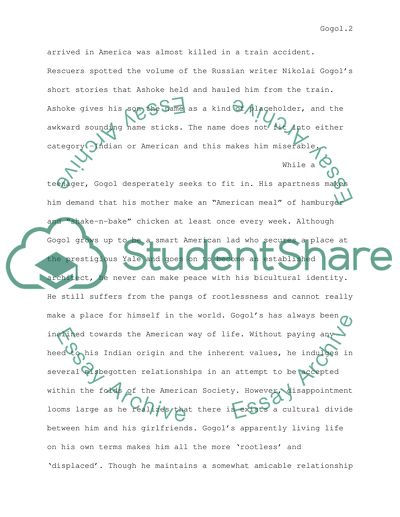Cite this document
(“Characterization on Gogol from The Namesake Book Report/Review”, n.d.)
Retrieved from https://studentshare.org/literature/1528358-characterization-on-gogol-from-the-namesake
Retrieved from https://studentshare.org/literature/1528358-characterization-on-gogol-from-the-namesake
(Characterization on Gogol from The Namesake Book Report/Review)
https://studentshare.org/literature/1528358-characterization-on-gogol-from-the-namesake.
https://studentshare.org/literature/1528358-characterization-on-gogol-from-the-namesake.
“Characterization on Gogol from The Namesake Book Report/Review”, n.d. https://studentshare.org/literature/1528358-characterization-on-gogol-from-the-namesake.


